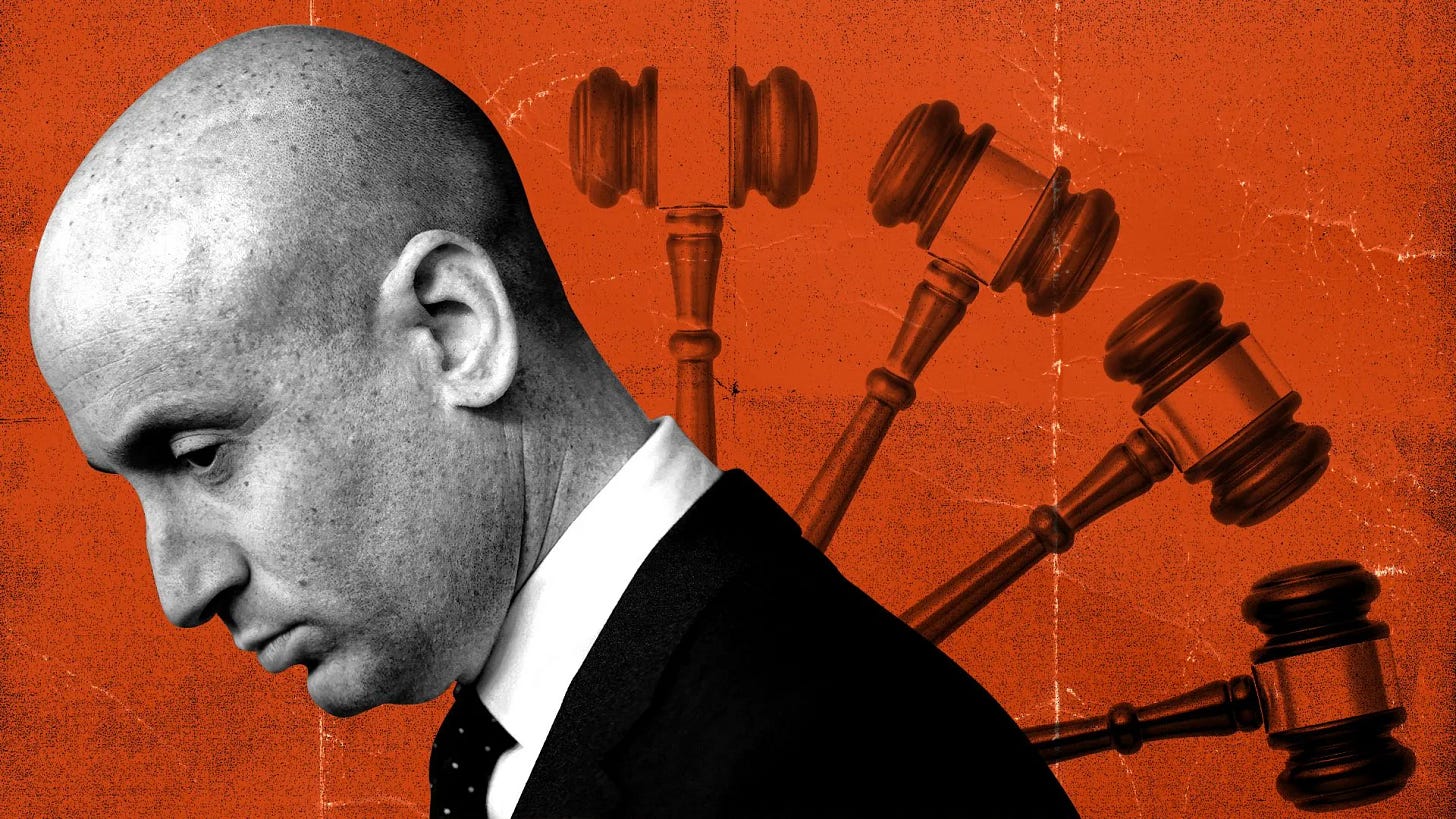White House Scrambles To Deny Deportation Quota
The apparent divide between the White House’s bold enforcement rhetoric and the DOJ’s legal position has broader implications.
The Department of Justice (DOJ) has distanced itself from a bold immigration enforcement goal outlined by senior White House officials earlier this year.
Last week, in a filing with the 9th Circuit Court of Appeals, DOJ attorneys stated that neither ICE leadership nor field offices have been directed to meet specific quotas, despite Stephen Miller descr…




